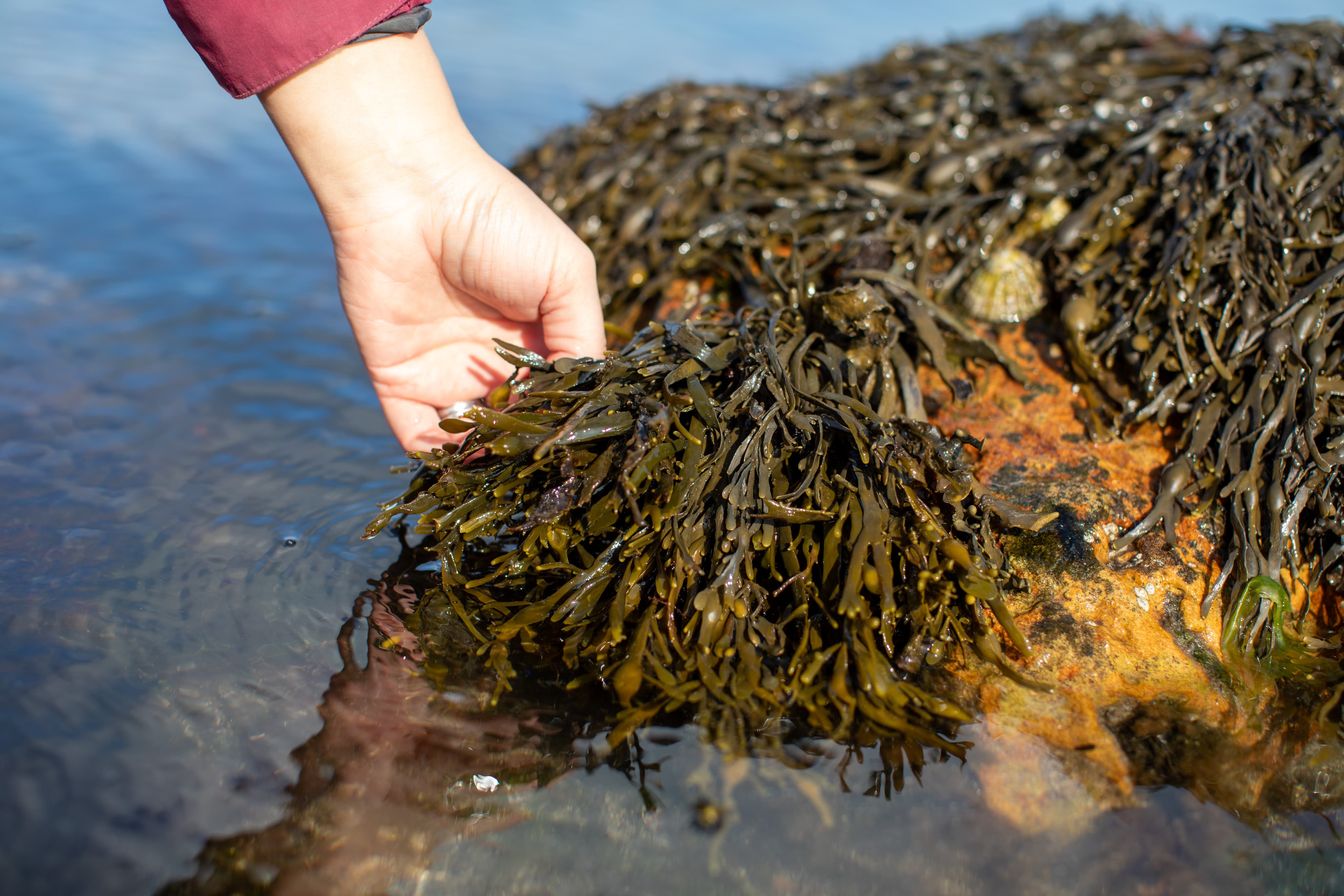What seaweed can do
At House of Seaweed, we are forever in awe of the versatility and miraculous properties of nature’s best kept secret. Is there anything seaweed can’t do?
Health & Nutrition
Seaweed is the nutritional powerhouse of the ocean, offering an incredible array of health benefits, thanks to its high content of essential vitamins and minerals. Seaweed provides a concentrated source of iodine, which is crucial for thyroid function and metabolism. It's also abundant in calcium, iron, and magnesium - vital for bone health and overall well-being.
It doesn’t stop there. With low calories, low sodium, and high fibre content, seaweed can also support digestive health, aids weight management, and may help regulate blood sugar levels.
Incorporating this superfood into products, dishes, or ingredients can be a transformative step towards an improved, nutrient-dense diet, and an easy pathway to a healthy lifestyle.
Functional Food
Seaweed has lots of functional properties too. It has gelling abilities as an alginate, but also has the highest concentration of naturally occurring umami in any food ingredient on the planet. It lends itself as a salt substitution through low sodium, mineral-based salty flavour, as well as featuring with growing regularity as a protein provider in the plant-based meat substitute market.

Pharmaceuticals
Seaweed contains bioactive compounds that lend themselves to numerous pharmaceutical applications. Seaweed extracts are studied for their antimicrobial, antiviral, and anti-inflammatory properties. They may also have potential uses in drug delivery systems.
Cosmetics and Skincare
Thanks to seaweed’s rich mineral content and natural hydrating properties, it’s used in face masks, serums, and lotions to nourish the skin, improve texture, and promote a healthy complexion.

Agriculture and Fertilisers
Seaweed extracts are used as natural fertilisers and soil conditioners. They enrich the soil with essential nutrients, improve plant growth, enhance crop resistance to stress, and contribute to sustainable farming practices.
Bioplastics and Packaging
Seaweed-based biopolymers offer an eco-friendly alternative to conventional plastics. They are biodegradable which means they help reduce plastic pollution and contribute to a more sustainable and ethical packaging industry.
Biofuel Production
Seaweed is a promising feedstock for biofuel production due to its high growth rate and potential for converting its biomass into bioethanol and other renewable energy sources. It can contribute to sustainable and clean energy solutions, and help to restore and rehabilitate polluted aquatic environments.
Animal Nutrition/Feedstock
Seaweed can be used as a sustainable and nutritious feed for livestock. It’s a far greener way to enhance animal health and growth compared to traditional feedstock. Research has proven that the use of red seaweeds in cattle feed can significantly reduce methane emissions.

Textiles and Fabrics
Compared to traditional cotton and synthetic fibres, the production of seaweed-based textiles is environmentally much friendlier. Seaweed's adaptability and sustainability make it an invaluable resource in the need to create more eco-conscious products and practices.

Seaweed is an ocean wonder
Seaweed is one of the world’s great natural treasures, possessing incredible transformational properties to help pave the way to a sustainable future.

Protecting a precious commodity
At House of Seaweed we make sure we are working with the right people and harvesting our seaweed the right way at the right time.

